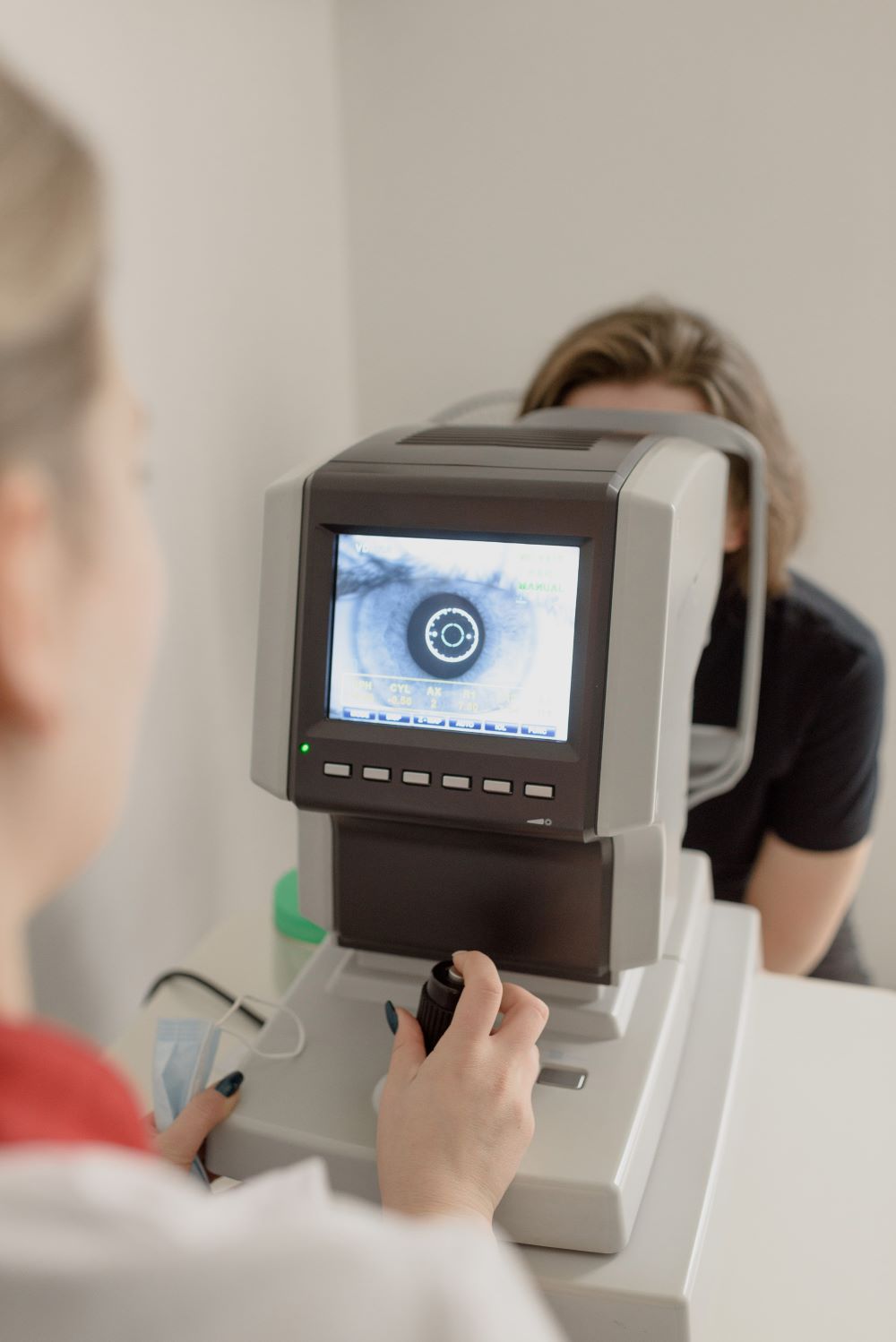Studies reveal there may be an association between poor eyesight and cognitive decline.
A new study has found a connection between untreated visual impairments and the development of dementia. The study, published in the JAMA Ophthalmology journal, was authored primarily by Dr. Joshua Ehrlich. Dr. Ehrlich and his team poured over data from the 2021 National Health and Aging Trends Study (NHATS) that was conducted in the United States and included close to 3,000 individuals. Similar studies have been conducted in the past but this study, titled Objectively Measured Visual Impairment and Dementia Prevalence in Older Adults in the US, was claimed to be more thorough and with a more representative sample according to Dr. Ehrlich.
The NHATS study took place in 2021, with subjects being provided iPads to test their vision—specifically contrast sensitivity, as well as near and distance vision. All of the subjects were above the age of 71 and were screened for dementia.
The results showed a significant correlation between visual impairments and dementia. Across the study’s entire population, 12.3% showed signs of dementia. For those with distance visual impairment, near visual impairment, and those with moderate to severe impairments (including blindness), the percentages were 19.5%, 21.5%, and 32.9% respectively.
Though these results clearly identify a correlation, the researchers emphasized that it is not yet determined that vision loss directly causes dementia. It is possible that both are occurring at the same time, or that dementia itself is causing the loss of vision. Ehrlich, further clarifying, pointed to the correlation between dementia and hearing loss.

The resulting decrease in inputs received by auditory and visual inputs might increase the rate of cognitive decline due to the confusion caused to the brain. Additionally, the difficulty to maintain proper interpersonal relationships and community participation may also serve as a factor that further exacerbates cognitive decline.
A contribution to the study by Sheila West, a professor at Johns Hopkins Hospital’s Dana Center for Preventive Ophthalmology, clarifies the connection between a lack of social interactions and dementia. West said, “Visual loss is associated with social isolation, difficulty reading and in general a decrease in personal and social stimulation. Personal and social isolation are risk factors for cognitive decline. If there is even an indirect link between vision impairment and loss of cognition, then improving vision should decrease the risk of dementia or at least slow progression.”
As to measures one can take to prevent possible cognitive decline due to loss of sight, Ehrlich encourages individuals to maintain proper care of their eyes by getting regular vision checks at their primary care doctors. Dr. Thomas Holland, a physician scientist at the Rush Institute for Healthy Aging and an instructor of internal medicine at Rush Medical College in Chicago, advocated for a healthy lifestyle and annual checkups as the best ways to stay on top of this.
Ehrlich also emphasized the importance of getting any issues found addressed as soon as they arise.
“The earlier the better,” Holland added. “If you notice that you have vision that is starting to be impaired, get it checked out. When it comes to vision impairment and blindness, an estimated 80 plus percent is either preventable or even reversible.”
The main factor that increases the odds of someone developing dementia is simply their age. According to the Centers for Disease Control and Prevention (CDC), around 3% of U.S. adults aged between 70 and 74 have dementia. That percentage jumps to 22% for those aged 85-89 and even further to 33% for those aged 90 and older. If current trends continue, over 9 million Americans are estimated to have dementia by 2030.
Sources:
Objectively Measured Visual Impairment and Dementia Prevalence in Older Adults in the US


Join the conversation!